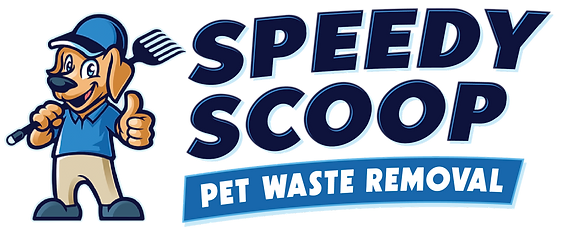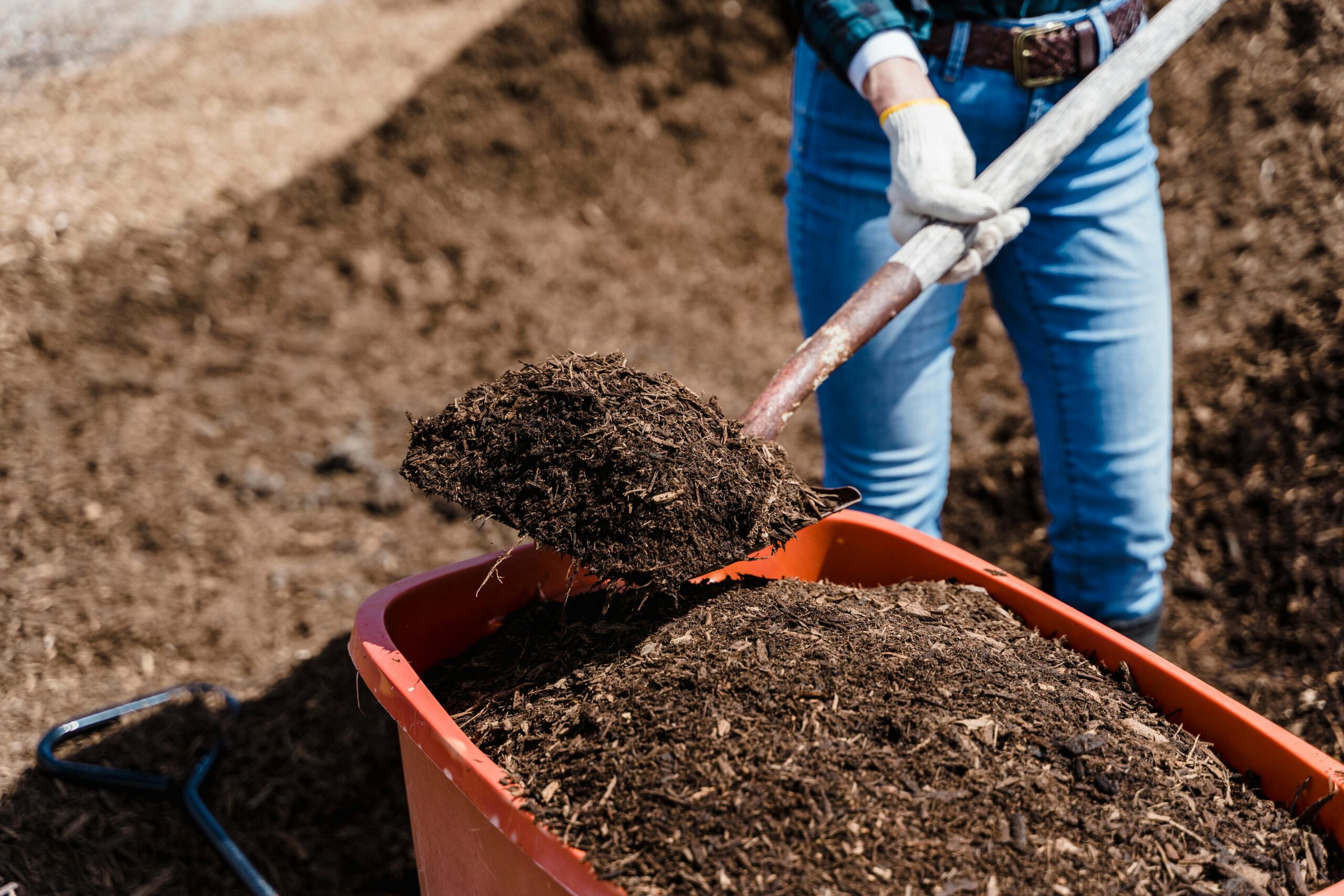Pet waste is one of those everyday nuisances every dog owner in Indianapolis — from Broad Ripple to Westfield — knows too well. But instead of sending that waste to the landfill, many pet owners wonder: can I compost it at home? Is pet waste composting safe and eco-friendly? In this post I’ll walk you through the facts, risks, best practices, and local considerations for Central Indiana neighborhoods like Noblesville, Pendleton, Westfield, Anderson and greater Indianapolis so you can decide whether a DIY approach makes sense for your household.
The big picture: why people consider dog poop composting
Composting pet waste sounds promising: less trash, reduced methane from landfills, and the chance to return nutrients to the soil. For eco-conscious pet owners in Indiana, it’s an appealing idea. But unlike kitchen scraps or yard trimmings, pet feces can contain pathogens, parasites, and bacterial loads that pose health risks to humans, other animals, and food crops. So while dog poop composting can reduce waste footprint, it requires different methods and precautions than standard backyard composting.
What’s risky about pet waste?
Dog and cat feces may contain microorganisms like E. coli, Salmonella, Campylobacter, and parasites such as roundworms and hookworms. Some of these can survive for months in soil or compost if not treated correctly. That’s why you can’t treat pet waste the same way you treat fruit peels and coffee grounds if you plan to use the finished compost around edible plants or areas where kids play.
Key concerns:
-
Pathogens & parasites — may survive low-temperature compost piles.
-
Groundwater contamination — if compost is placed where runoff reaches wells or storm drains.
-
Attracting pests — poorly managed piles can attract rodents and flies.
-
Legal/local rules — municipal regulations sometimes restrict composting pet waste — more on that below.
Types of composting and how they apply to pet waste
Not all composting is equal. Here are the main methods and whether they’re appropriate for pet waste:
-
Cold backyard composting (traditional bin or pile): NOT recommended for pet waste. Temperatures are usually too low and inconsistent to reliably kill pathogens.
-
Hot thermophilic composting (170°F / 77°C range): Potentially effective if the pile reaches and sustains high temperatures long enough. Achieving and maintaining those temps in a household pile is difficult without active management and sufficient volume.
-
In-vessel or commercial composting: The safest option. Commercial facilities use controlled high heat and extended processing to neutralize pathogens. If you find a local composter that accepts pet waste, this is ideal.
-
Bokashi or anaerobic pre-treatment: Some people use bokashi fermentation as a first step, then compost the result. It reduces odors and begins breakdown, but it’s still best not to use the end product on edible gardens without additional high-heat treatment.
-
Specialized pet waste digesters and composters: These are small appliances or underground digesters designed for pet waste, often marketed for single-household use. Effectiveness varies — pick models that claim and demonstrate pathogen reduction.
Is composting safe? — The short answer
Yes — if the waste is processed correctly (high heat or commercial treatment) and the finished product is used carefully. For most Indianapolis homeowners who want a low-risk approach, the best practice is to avoid using pet waste compost on vegetable gardens, fruit trees, or anywhere children and other pets frequently play. Instead, use treated pet waste compost only for non-edible ornamentals or have it handled by a commercial facility with pet waste acceptance.
How to compost pet waste safely — practical steps
If you decide to pursue pet waste composting at home in a responsible way, follow these steps:
-
Consider off-site options first. Check whether any local waste services, municipal composting programs, or commercial composters in the Indianapolis area accept pet waste. Commercial treatment is the safest route.
-
Use a dedicated system. Don’t add pet waste to your regular kitchen compost bin. Use a separate pet-waste composter, digester, or sealed container marked clearly.
-
Aim for high temperatures. If you use a hot composting method, make sure it reaches thermophilic temperatures (at least 131°F / 55°C and preferably higher) and remains at those temps for several days. This requires a large, well-constructed pile and active management (turning, monitoring).
-
Bury or use in non-edible areas. Finished or partially processed pet waste should be applied only to ornamental beds, trees, or in areas away from human contact, not in vegetable gardens.
-
Avoid vermicomposting. Worm bins and pet waste don’t mix — the pathogens can harm worms and contaminate the vermicompost.
-
Wear protection and wash up. Use gloves and a scoop when handling waste or compost, and wash hands thoroughly afterwards.
-
Maintain distance from water sources. Don’t compost pet waste where runoff could reach wells, streams, or storm drains — important in our local neighborhoods where stormwater flows into regional systems.
-
Monitor for pests and odors. If your system attracts rodents, flies, or creates strong odor complaints, it’s not working properly and should be discontinued.
Local considerations for Indianapolis, Noblesville, Pendleton, Westfield & Anderson
Central Indiana’s suburban and small-town yards bring specific considerations:
-
Yard size & neighbors: In denser neighborhoods like parts of Noblesville and Westfield, a smelly or pest-attracting compost system can be a nuisance and harm neighbor relations. Keep systems discreet and well-managed.
-
Climate: Indiana’s seasonal swings (cold winters, humid summers) affect composting. Cold months make high-temperature composting much harder unless the system is insulated or in-vessel.
-
Stormwater & drainage: Many properties in Marion and surrounding counties have drainage that connects to municipal systems. Avoid locating pet-waste composters where runoff could escape.
-
Local disposal services: Some towns offer yard/compost programs that explicitly exclude pet waste. Before assuming you can add pet waste to municipal green bins, check local rules for Indianapolis, Noblesville, Anderson, Pendleton, and Westfield.
-
HOA rules: If you live in a neighborhood association, check covenants — some HOAs ban visible compost bins or anything that might attract pests.
Alternatives to DIY pet waste composting
If DIY pet waste composting seems risky or impractical, consider these greener alternatives:
-
Bag & municipal trash (with biodegradable bags?): It’s not ideal, but double-bagging and using landfill trash is common. Biodegradable bags can help, but many require industrial composting to break down completely.
-
Commercial pet waste pickup & composting: Many providers combine pickup with commercial composting. If you live in Indianapolis or nearby towns, look for local services that advertise pet waste composting or eco-friendly disposal.
-
Dog waste digesters/flush systems: In-ground digesters break down waste using enzymes; check product claims and local code compliance.
-
Flush waste (if local code allows): Some pet waste (not cat litter) can be flushed, but be careful — city sewer policies and septic systems vary. Don’t flush cat litter unless manufacturer and local rules allow it.
-
Designated poop garden: For people with large properties, a dedicated area (not near food or water) can be a place to bury waste, but this still carries parasite risks and is not ideal for high-use areas.
FAQs
Can I use composted pet waste on my vegetable garden?
No. Even when processed, it’s best to avoid using pet waste compost on vegetables, herbs, or any edible crops due to lingering pathogen risk.
Will my household hot compost eliminate pathogens?
Only if you reliably reach and sustain high temperatures for the required time. Most backyard piles don’t consistently reach those conditions without intentional design and management.
Are there local resources that accept pet waste?
Availability varies. Contact municipal public works or private composters in Indianapolis, Noblesville, Westfield, Anderson, or Pendleton to ask if they accept pet waste. (If you’re unsure who to call, your city or county waste department is a good first stop.)
Final thoughts: is pet waste composting right for you?
Pet waste composting can be eco-friendly — but only when done with the right equipment, process, and caution. For most Central Indiana homeowners, the safest and lowest-risk path is to use commercial composting systems or dedicated pet-waste services that ensure high-temperature treatment. If you’re committed to a DIY route, invest in a dedicated, well-engineered composter and don’t use the final product on food gardens. Above all, protect your family, neighbors, and local waterways.
When doodycalls, your pets do their business and Speedy Scoop handles the rest—reliably, efficiently, and with a smile. If your yard needs cleaned, scoop the poop, or make a poop 911 call to the pros and get a pet butler or turd burglar for your lawn. Let’s keep Central Indiana clean, one yard at a time.
Ready to upgrade your yard experience? Let Speedy Scoop take care of the dirty work—so you don’t have to. Click here to get your FREE quote today!
Speedy Scoop proudly serves the greater Indianapolis area including Anderson, Carmel, Castleton, Cicero, Fishers, Fortville, Geist, Greenfield, Indianapolis, Ingalls, Lapel, Lebanon, Lawrence, McCordsville, New Palestine, Noblesville, Pendleton, Westfield, and Zionsville.






